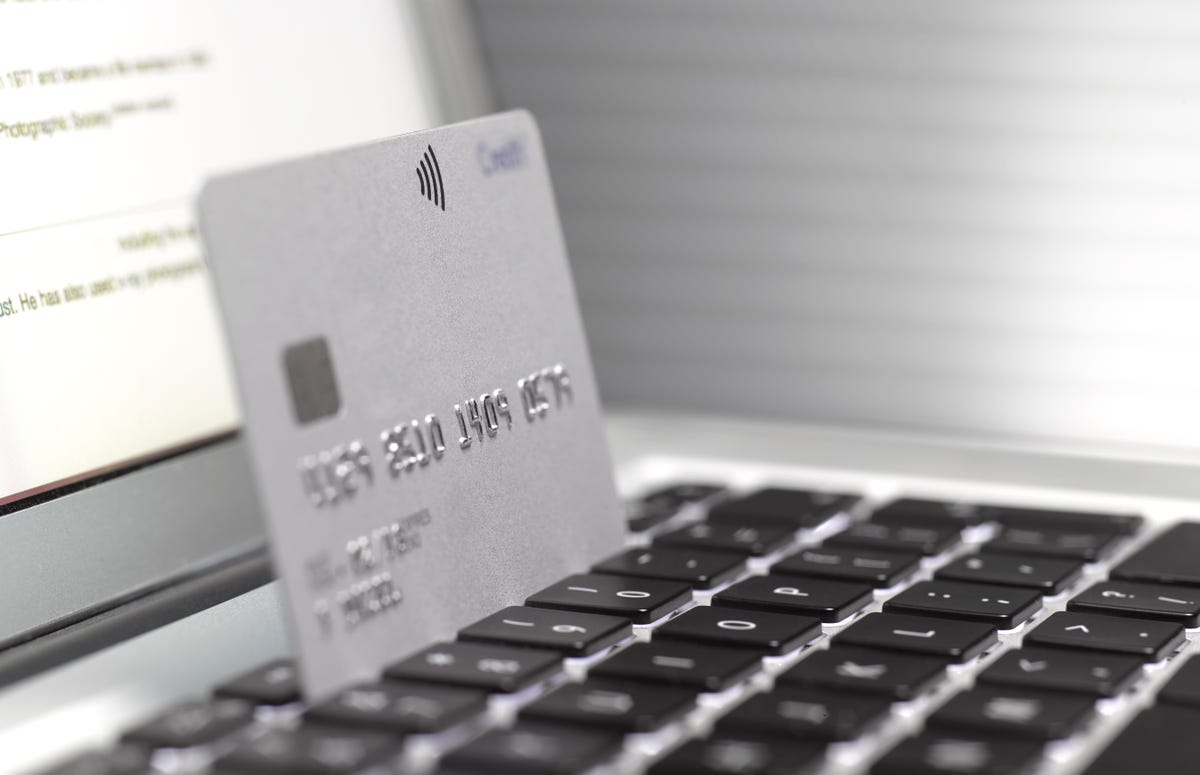About 40% of internet users have between two and 11 points of exposed personal data online and the remaining 60% of users have at least 12 points of exposed personal data online, according to cybersecurity firm Bitdefender. Those data points can include a person's address, date of birth, marital status and phone numbers. Some of those data points can be accessed through social media profiles, but others can be found in more innocuous websites, too. Gennie Gebhart, the Electronic Frontier Foundation's activism director, told CNET that if you're involved with a community sports team, for example, you might connect your email and phone number to that team online for any number of reasons. Your information might also be attached to your child's school, your local church or any other community organization you are associated with. There is a whole digital ecosystem surrounding the collection, aggregation and usage of your online personal data. A lot of data is collected by what are called data brokers. There are also personal data deletion services that can help you find and delete your data from data brokers. While these services can be useful in certain situations, it's important to understand that they aren't "one and done" changes. The overall number and nature of data brokers means that the data deletion services are locked in a constant struggle to delete, redelete and redelete again the information about you as it returns to the online sphere, over and over. Here's what you should know about data brokers and personal data deletion services.
Data brokers are collecting information on you
Before we talk about data deletion services, we should talk about what data is being collected, how it's being collected and who's looking at it. Data brokers, also known as information brokers, are companies like Acxiom, CoreLogic and Equifax Information Services that collect and sell information about people based on their online activity. You might recognize Equifax as a credit bureau, but you might not have realized that the company also offers marketing services for businesses. That's probably because the data brokerage industry is highly lucrative. According to Transparency Marketing Research, the industry's market value was over $240 billion in 2021, and it's estimated to be worth over $462 billion in the next decade. Data brokers collect information on you from a combination of sources, like public records and your search history. According to Norton, brokers also purchase or collect your information from other sources like credit card companies and even online sweepstakes you've entered. The information collected by these brokers is sold to and used by businesses and insurance firms. According to Business Daily News, businesses use this data for a variety of reasons, like improving their customer's experiences and refining marketing strategies. NPR reported that insurance firms use data from data brokers to help determine how much a person will pay for insurance. That same information can also be used by people finder sites like People Finder and the US government. For example, a report by the American Civil Liberties Union of Colorado and several immigration advocacy groups alleges that US Immigration and Customs Enforcement has used data brokers to circumvent states' immigration sanctuary city laws. One data broker, called Fog Data Science, also allegedly sells the location data of American citizens to police departments, according to the EFF.
The dangers of data brokers
While some data brokers say the data they collect and aggregate is anonymized, the information can be de-anonymized. A study published in Nature Communications found that with 15 demographic data points, a person could be identified with a 99.98% certainty. That information could put you in danger of people who wish to harass you. Health insurance companies are also buying and using this data to determine how much medical coverage a person receives. In the words of one insurance salesperson according to NPR, "God forbid you live on the wrong street these days. You're going to get lumped in with a lot of bad things." Some experts even say data brokers are a threat to democracy. Justin Sherman, a nonresident fellow with the Atlantic Council, said in an interview with the CDA Institute that data brokers can be used to exploit a person's and a country's security.

"Foreign states can use or buy data on citizens to target disinformation campaigns," Sherman said. "You can go buy Excel spreadsheets with this information… Do we want these companies to be able to buy up, aggregate and then sell all of this data on citizens to enable civil rights abuses, consumer exploitation, and threaten national security?"
Readmore - Cnet




